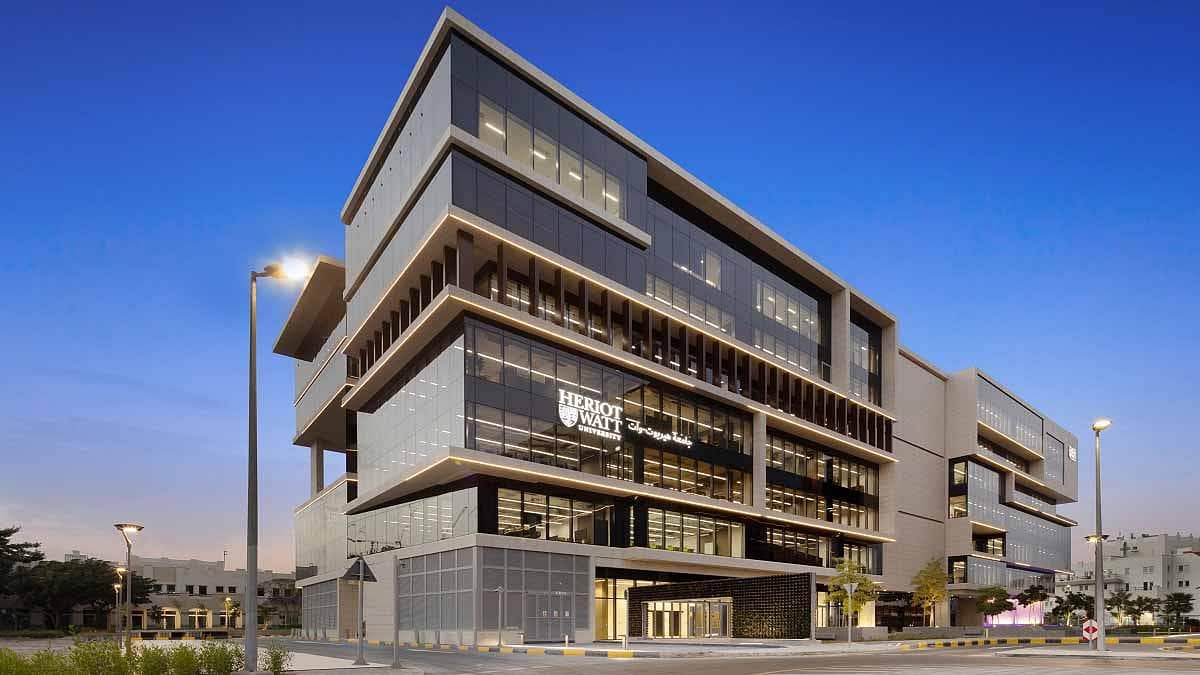BA (Hons) Architecture at Heriot-Watt University Dubai
Dubai, United Arab Emirates
- Tuition Fee AED 82,178
- Country Rank-
- Duration48 Months
- Score IELTS: 6 TOEFL: 79
Program Overview
The BA (Hons) Architecture programme at the Heriot-Watt University Dubai Campus was launched in 2015. Since then, the programme has rapidly grown to a community of more than 100 students, creating a unique niche within the vibrant design community of Dubai and the UAE. Strategically placed within the School of Energy, Geoscience, Infrastructure and Society (EGIS), the programme draws expertise from multiple disciplines associated with the built environment.
Cost Of Studying At Heriot-Watt University Dubai
Interest rates as low as 8.9% *
250K+
Students Assisted
800Cr+
Loan Amount Disbursed
5000+
Loans Sanctioned
Check Loan Eligibility
Powered by
